Patient Stories
At UP Health System, we put patient care first. We know that every patient is a valuable member of the community that we serve. View our patient stories below, where you can hear firsthand accounts of the quality care you will receive at UP Health System.
-
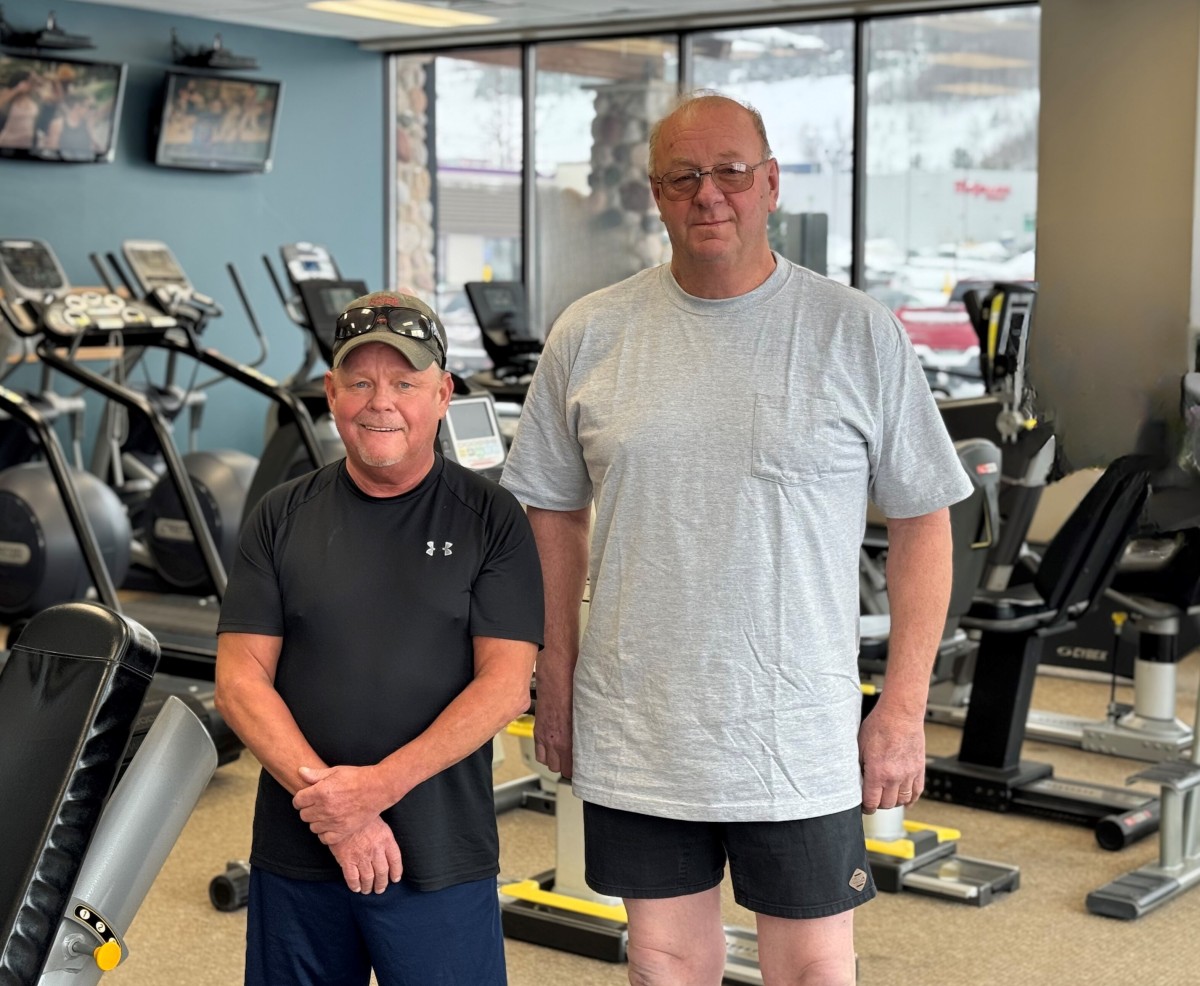
The Tom and Terry Show: A Journey through Cardiac Rehab
February 18, 2025Tom Beccia, left, and Terry Schaaf, right, at the Portage Fitness Center. Tom Beccia and Terry Schaaf met under unusual circumstances. Both residents of the Upper Peninsula crossed paths during cardiac rehabilitation at UP Health System – Portage.
Learn more -
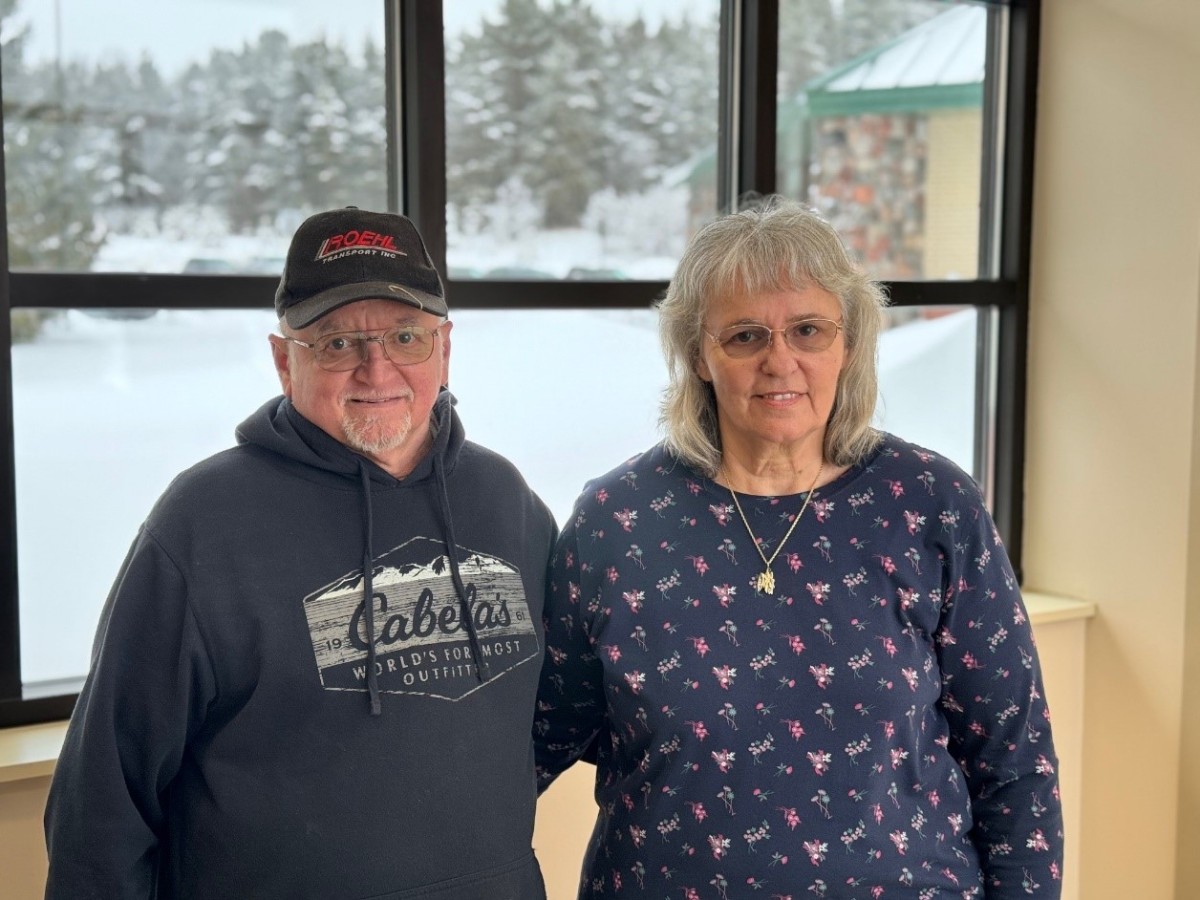
Breast Cancer Never Crossed Her Mind: Kim’s Story
May 03, 2024Kim, pictured with her husband in the lobby at UPHS – Portage. An active mom, grandmother and owner of Somero Farm in Hancock, Kim doesn’t have much time to worry about what-ifs. Despite her many roles and busy day-to-day life, Kim still makes time to focus on her health. For her,...
Learn more -
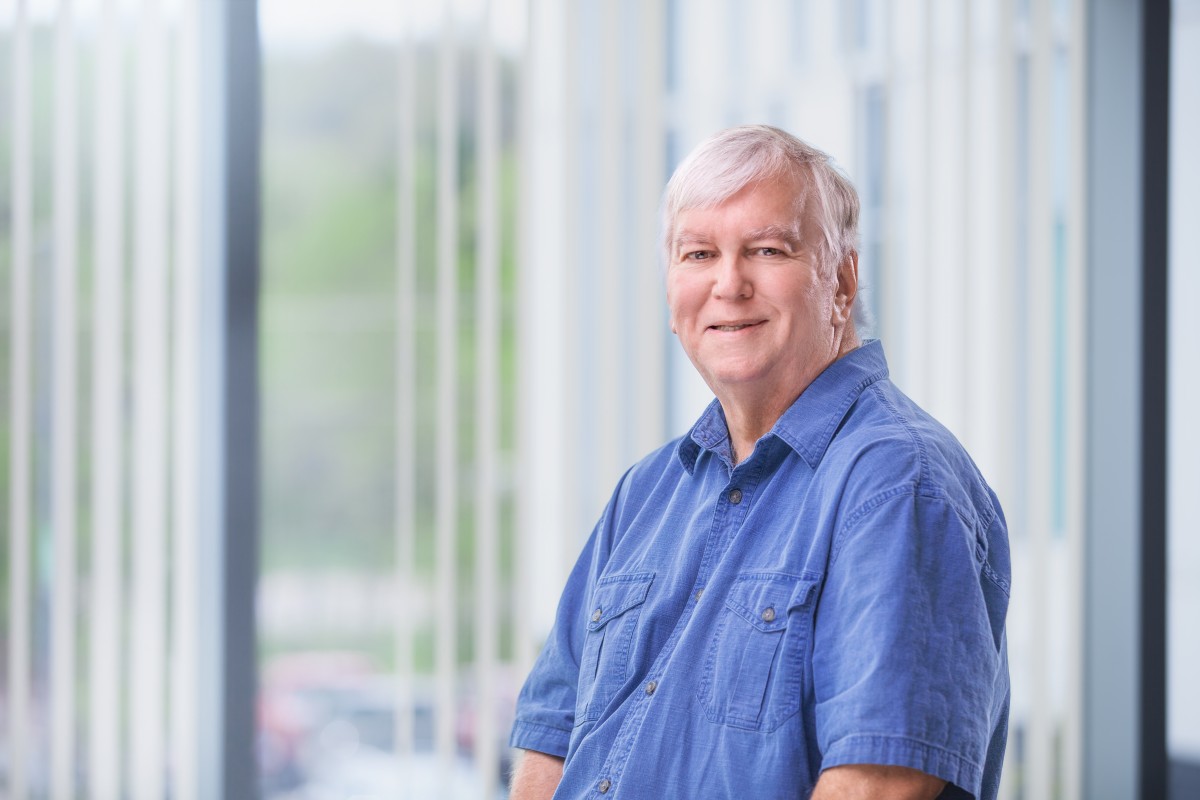
UP Health System – Marquette Lifesaving Heart & Emergency Care | Gregory's Story
September 28, 2023Gregory Adams was at home when something just didn't feel right—a feeling came over him that he had never felt before. He immediately lost consciousness. After an emergency helicopter flight, Gregory received lifesaving heart care from the heart and vascular team at UP Health System – Marquette.
Learn more -
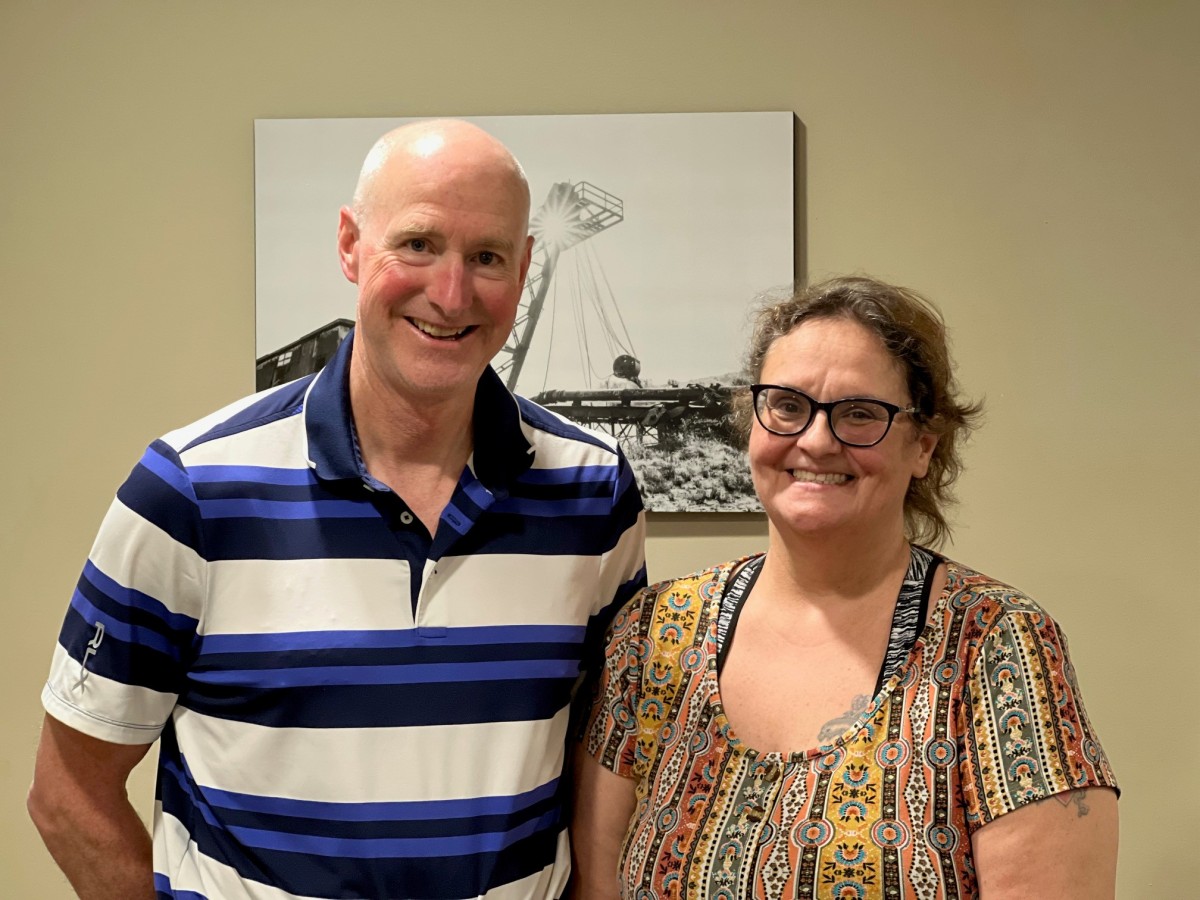
Going the Extra Mile — UP Health System – Portage Saved My Life | Joset's Story
June 13, 2023Dr. Liston and Joset before her first follow-up appointment. Joset loves everything about the Upper Peninsula and the natural beauty it surrounds us with. From camping to riding on her Harley motorcycle or watching her son drag race, Joset considers herself an outdoors person—at least during the warmer months. Married for 34...
Learn more -
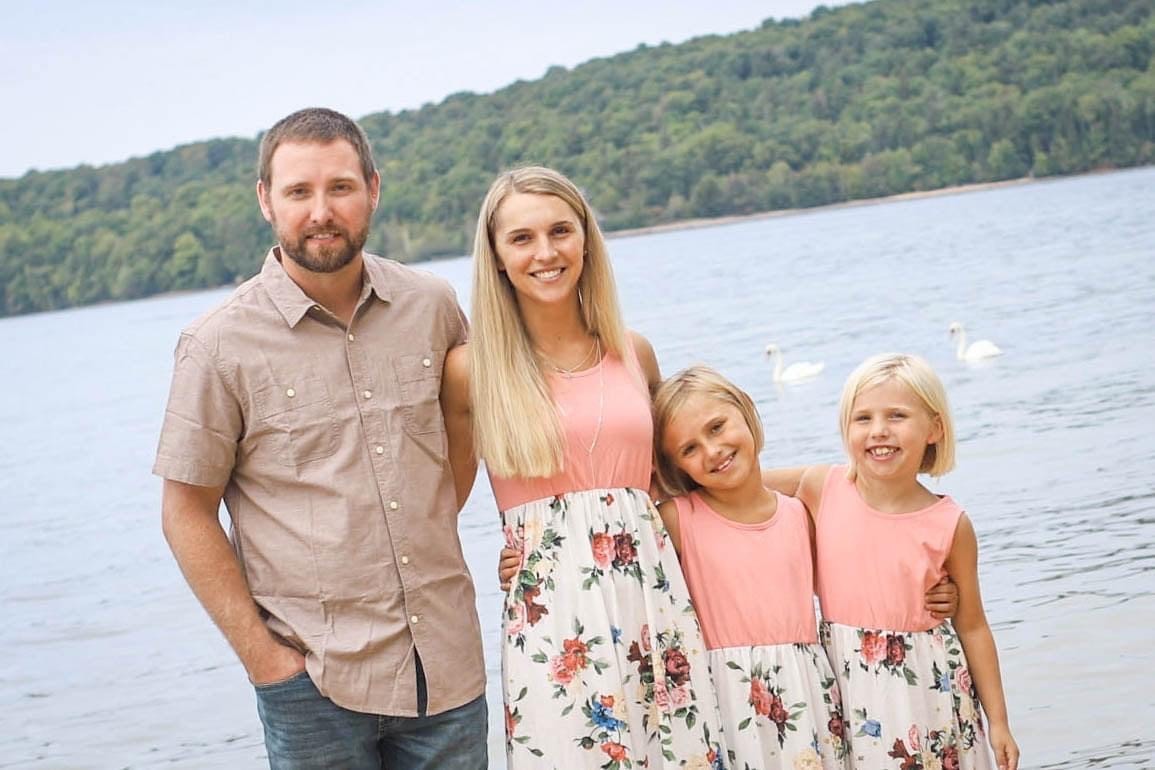
2023 Hope Starts Here Sponsors — the Livermore family, in Honor of Rebecca Livermore
May 23, 2023Rebecca (Way) Livermore with her husband, Shane, and their daughters, Lennon and Presley Marquette, Michigan | May 23, 2023 — When reflecting on her sister’s legacy, it’s Rebecca’s strength, resiliency, and perseverance that Molly Livermore quickly recalls. Rebecca was a wife, mother of two beautiful daughters, a successful financial advisor, a...
Learn more -
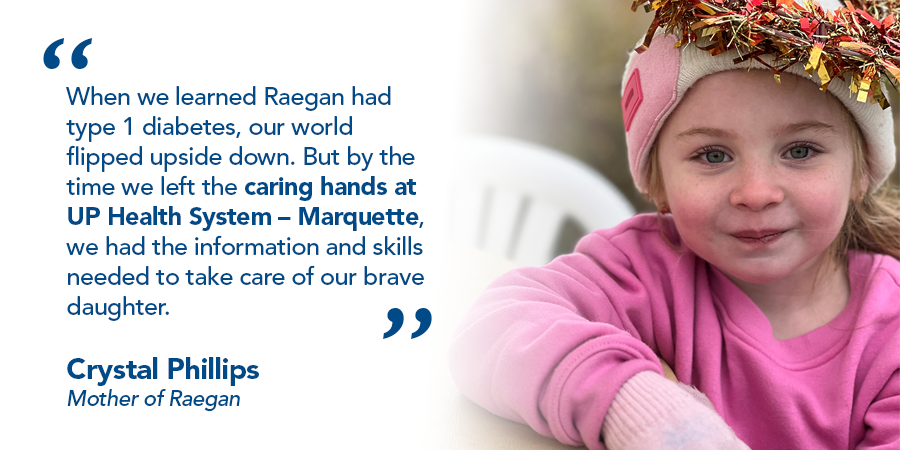
Type 1 Diabetes | Raegan’s Story
November 29, 2022Raegan is an energetic and happy four-year-old. As a preschooler, she is artistically inclined and loves to paint and color. She is the bright star of her family, surrounded by her two older sisters and they are very close. Raegan and her mom, Crystal were on their way to their pediatrician’s...
Learn more -
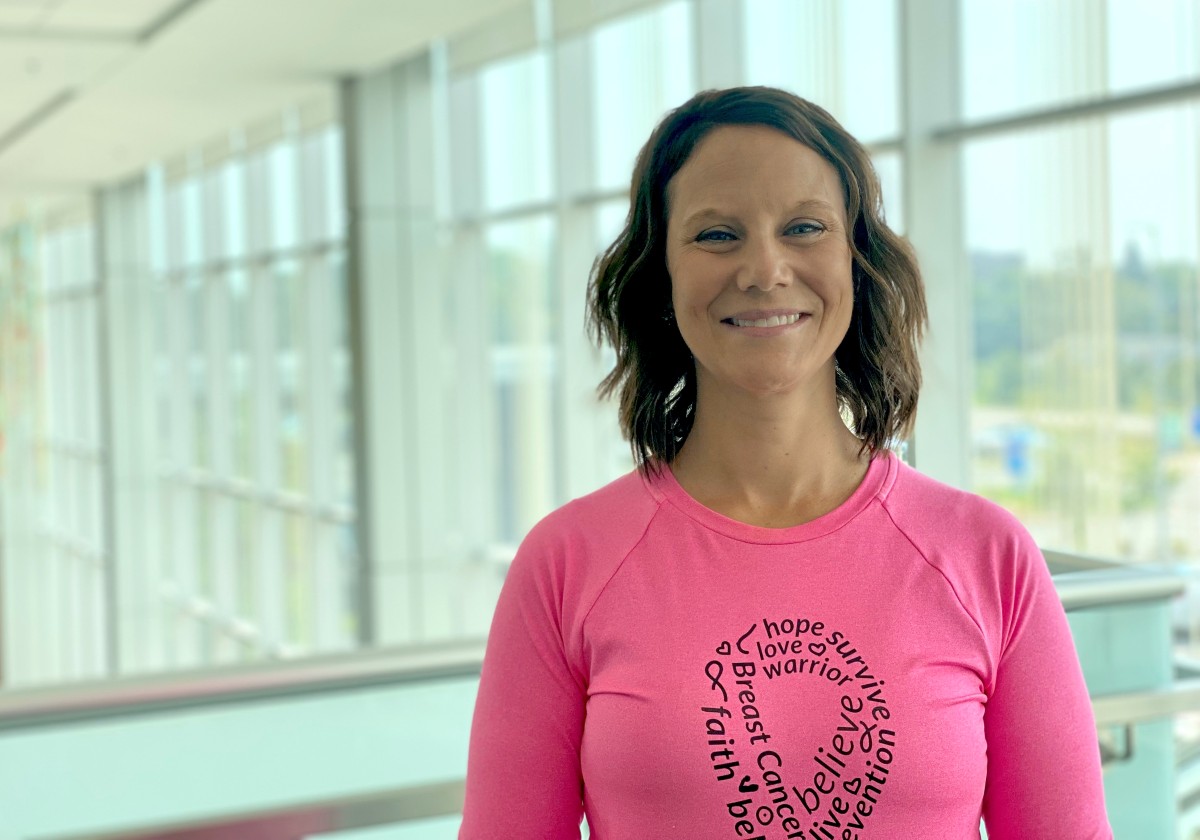
My First Mammogram Saved my Life | Renee's Story
October 04, 2022Renee went in for her first routine mammogram and life decided to throw an unexpected storm her way.
Learn more -
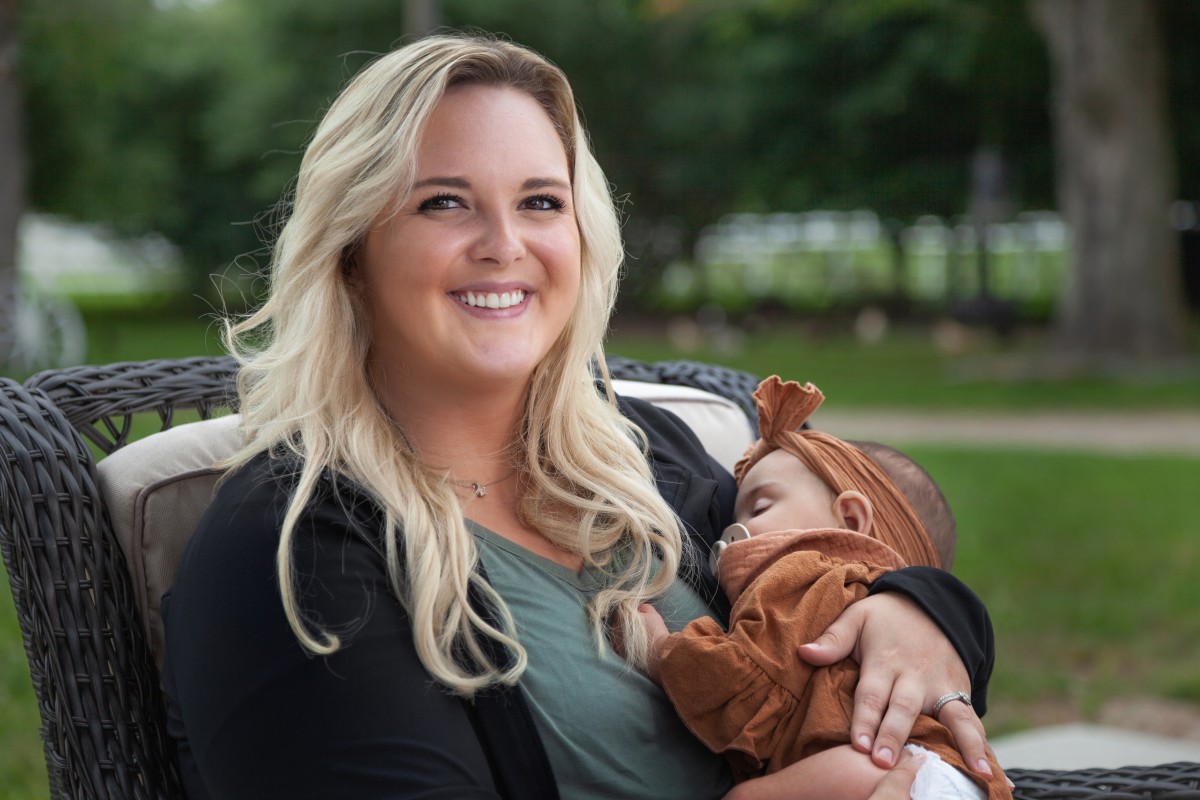
Expect the Unexpected | Allison's Story
September 30, 2022Allison Dagenais-Watkins and her husband were over-the-moon excited to welcome their baby girl, Lilah, into the world. After struggling with some challenges throughout the pregnancy, they were looking forward to meeting their baby girl and becoming new parents. When the moment arrived, the family was in complete bliss and awe of her. Lilah was finally here. Then, suddenly, the energy in the room changed.
Learn more -
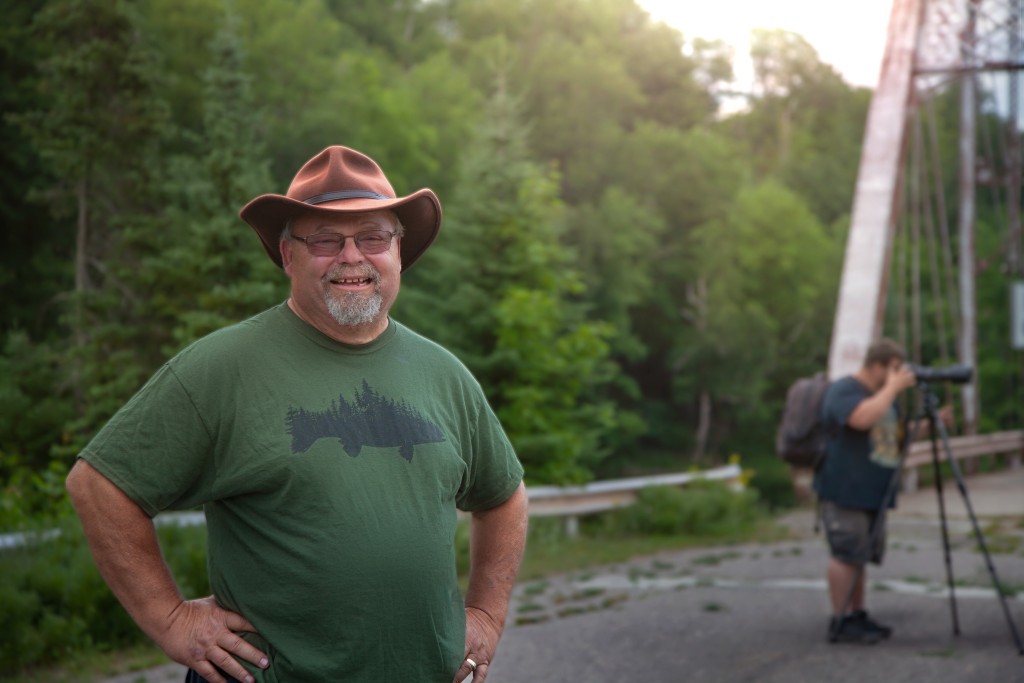
Cardiac Emergency in the Heart of the UP | John's Story
August 18, 2022A heart attack can happen anywhere and at any moment — even during a vacation, hundreds of miles from home.
Learn more -
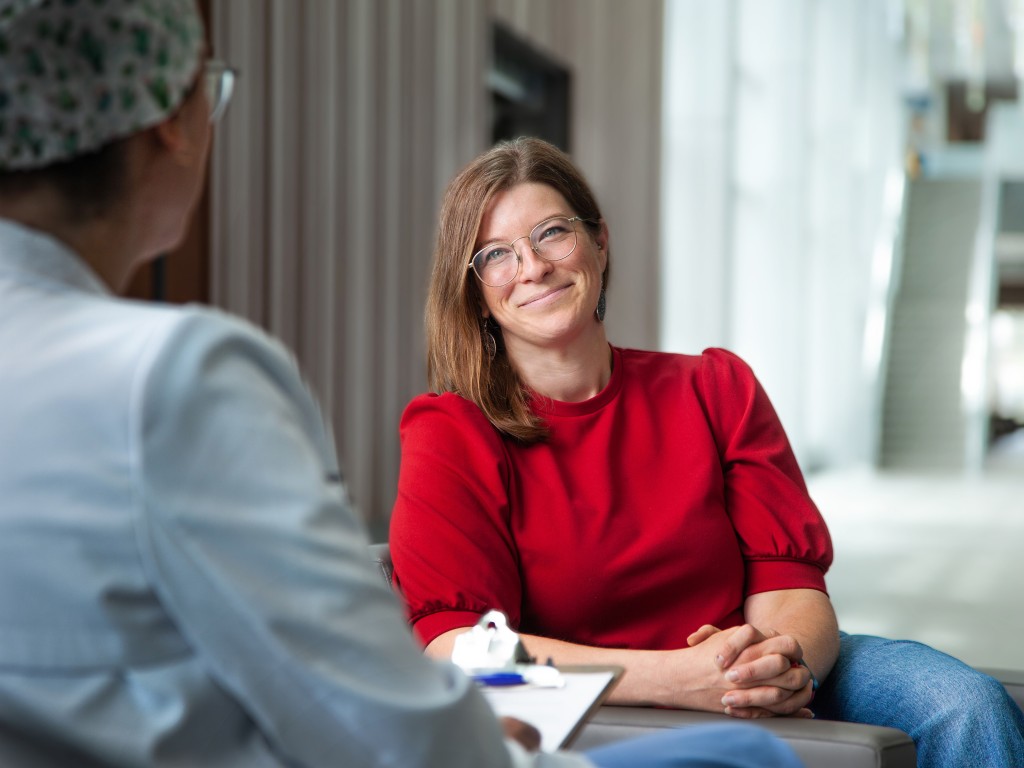
Unstoppable | Robin's Story
July 20, 2022“I want to thank the amazing team of women that took care of me because, without them, my life would look a lot different."
Learn more -
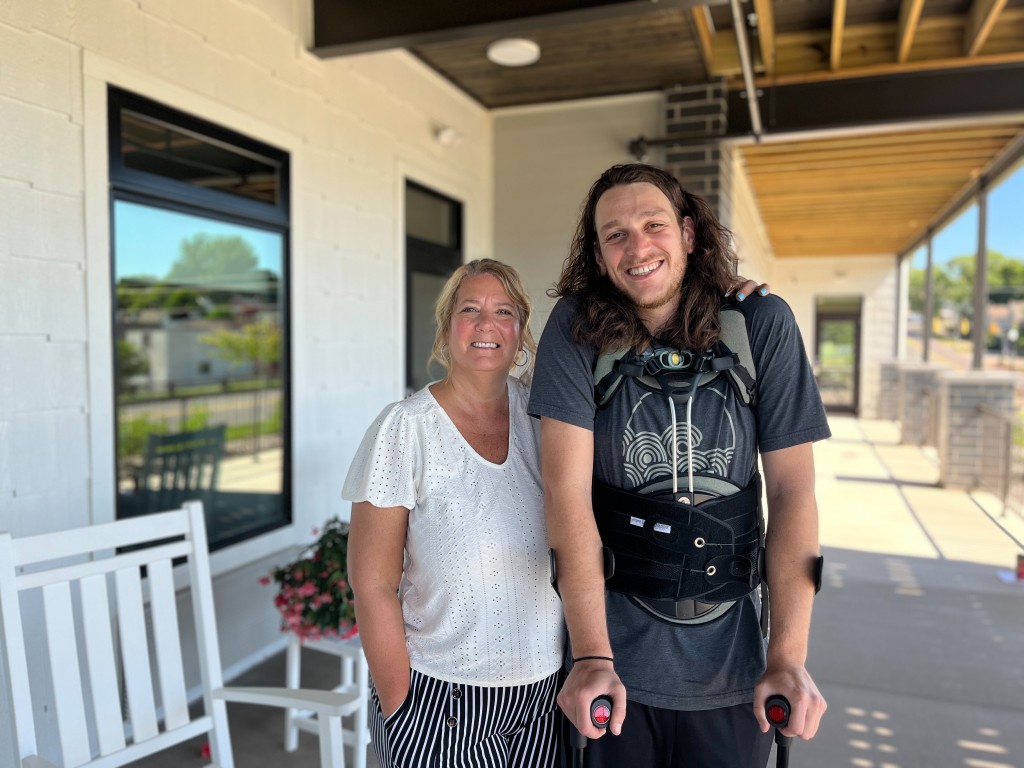
First, Walking. Next, Adventuring | Matt's Story
July 14, 2022“So many people helped me get to where I am today – the EMTs, the surgery team, the nurses in the ICU, and everyone on the rehab unit. I knew I could count on them during such an uncertain time."
Learn more -

Getting Back to Enjoying Camp | Dave's Story
July 05, 2022“I want to thank my therapist, Alysse, and the other rehabilitation specialists at UP Health System – Portage for such a positive experience and for motivating me to become stronger and healthier. Without them, I could not have properly healed my leg.”
Learn more -
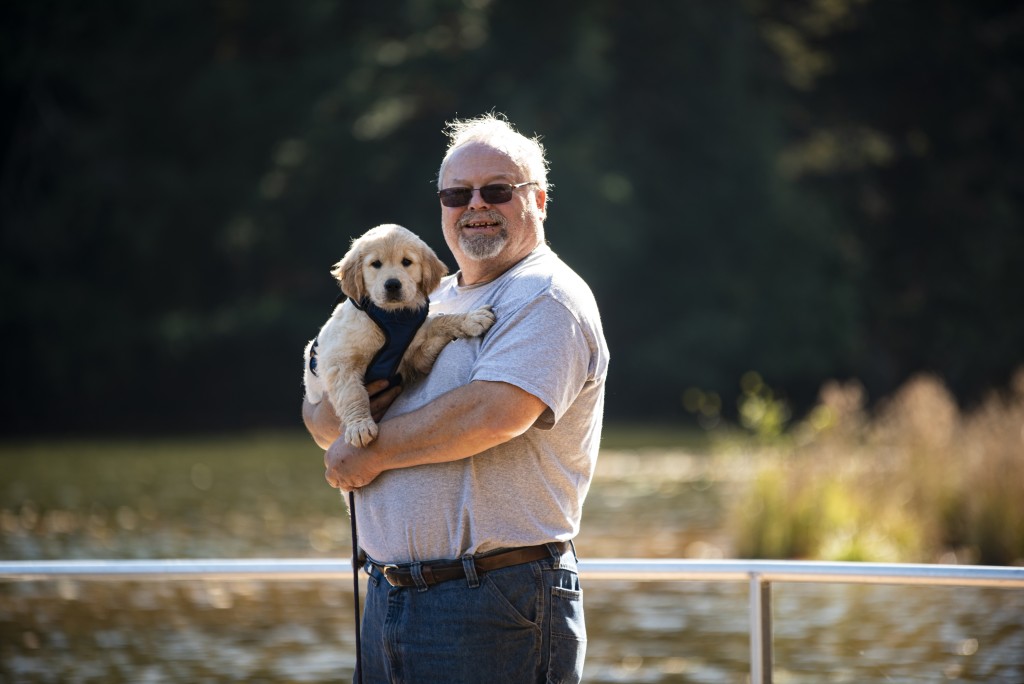
Cardiac Emergency in the Heart of the UP | John's Story
April 06, 2022“I want to thank the team who acted so quickly to save my life. I know that I can count on the healthcare professionals in the Upper Peninsula.”
Learn more -
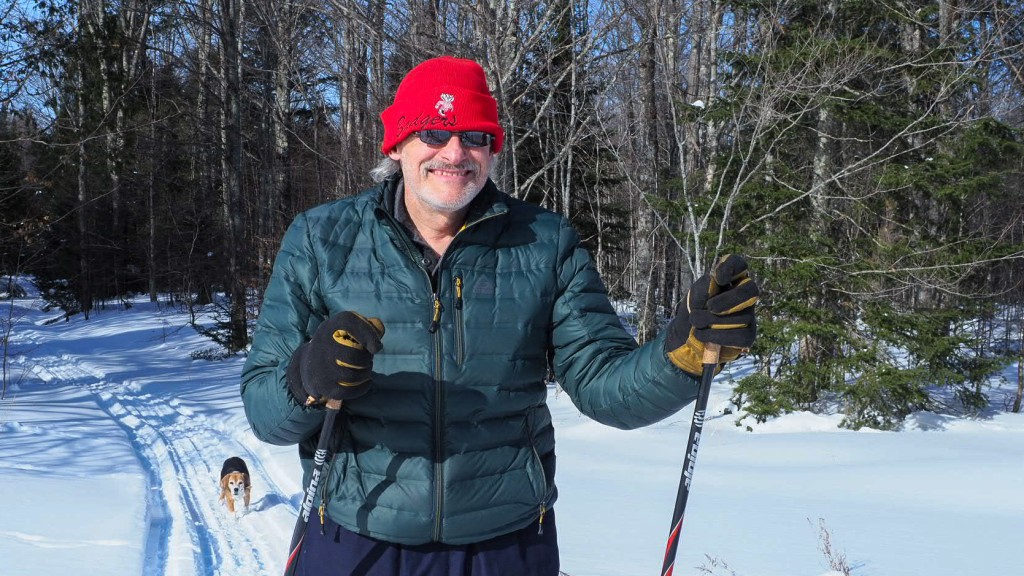
Navigating Diabetes | Phil's Story
March 10, 2022“We’ve learned a lot about this form of diabetes and now understand that remaining misdiagnosed could have gotten increasingly dangerous. When I have questions, Mike and his team genuinely listen to me and address my concerns. They’ve all been so helpful.”
Learn more -
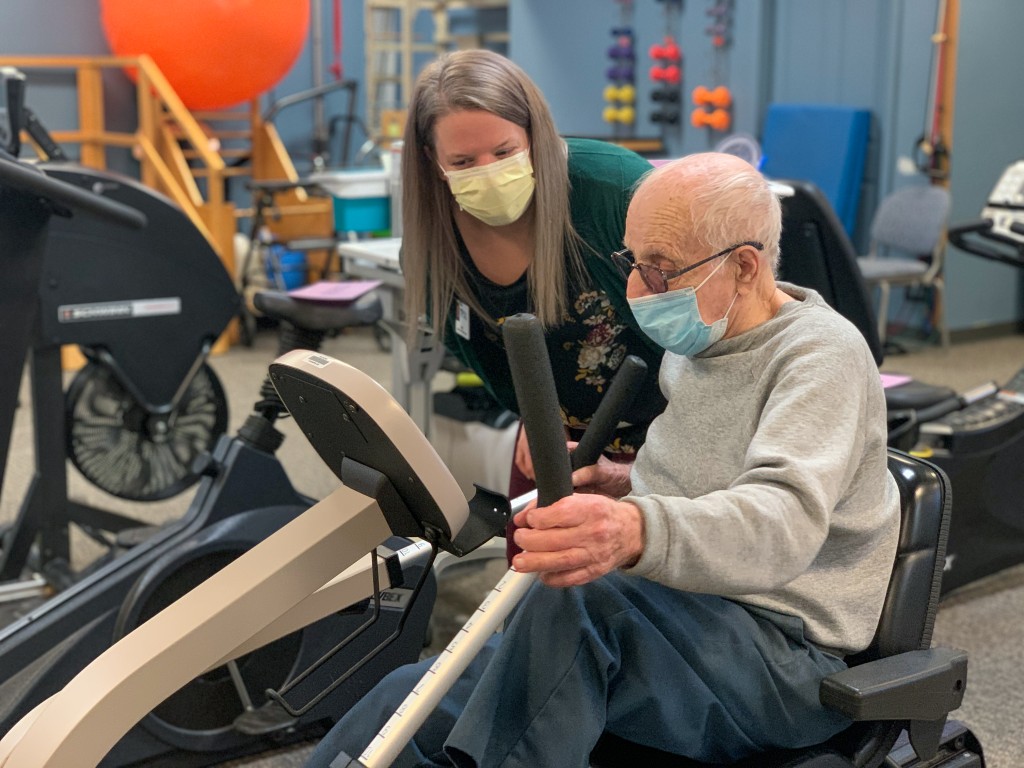
Keeping You Moving with Physical Therapy | Norbert’s Story
January 18, 2022"Before seeing Brad and Katie, just lifting my arm to reach something felt difficult. Now, look at me!”
Learn more -
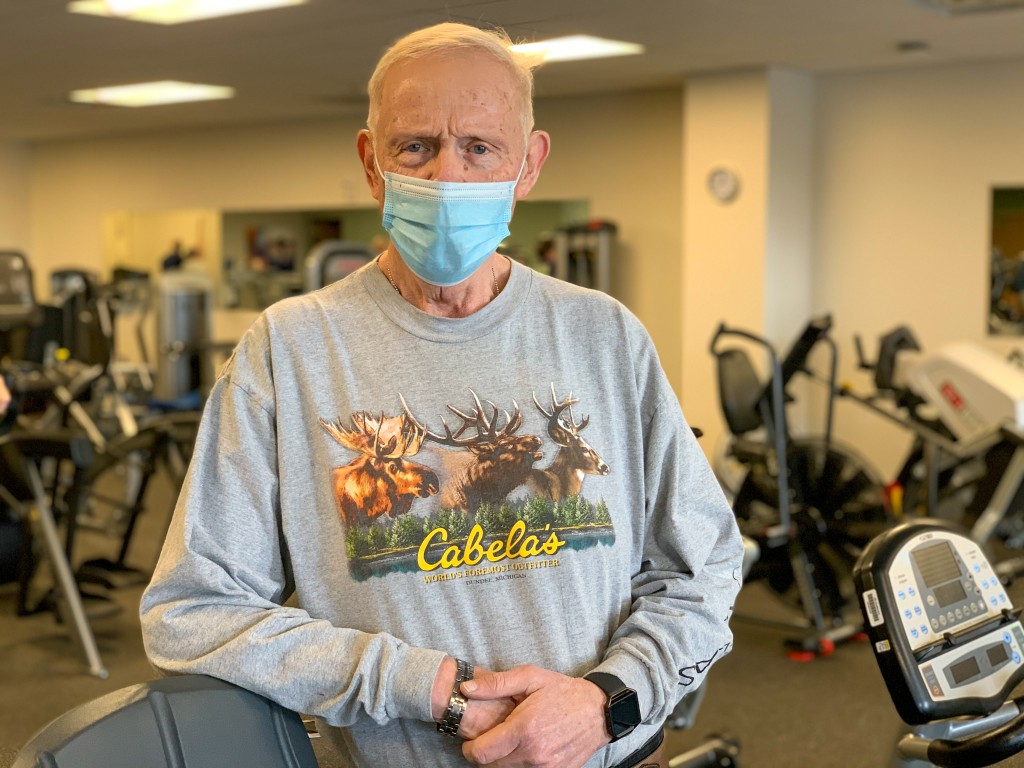
Losing Pounds and Gaining Life | Carl’s Story
June 15, 2021"I feel fantastic. I know a lot of friends who would really benefit from joining something like this. I can’t recommend it enough."
Learn more -
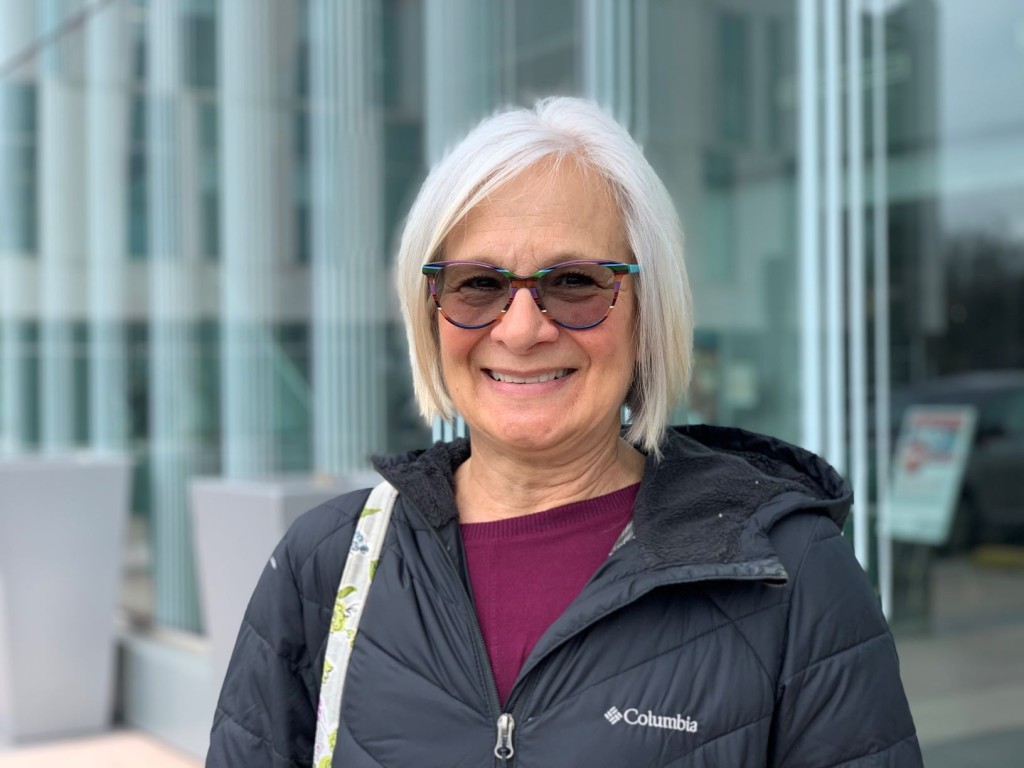
Robotic-Assisted Surgery, Human-Driven Recovery | Linda’s Story
May 25, 2021"I would recommend this procedure to anyone who might be experiencing something like what I went through. Dr. Sternschuss and Ms. Dehority really know what they're doing."
Learn more -

An Unexpected Trip to the ER | Baby Julia’s Story
February 17, 2021When Rachael and Jonas' daughter had a severe allergic reaction, they were thankful for emergency care close to home. “As scary as this experience was, it has taught me that if an emergency like this happens again, high-quality care will be readily available at UPHS – Marquette.”
Learn more -

One Mom, Two Bell Babies: Emma and Her Birth Story
October 23, 2020"They were amazing at making me feel at ease and made sure there were no surprises. They helped me feel well aware and educated on what I would be experiencing. We're closer to other hospitals, but we do not mind the drive. We really do love the staff here."
Learn more -
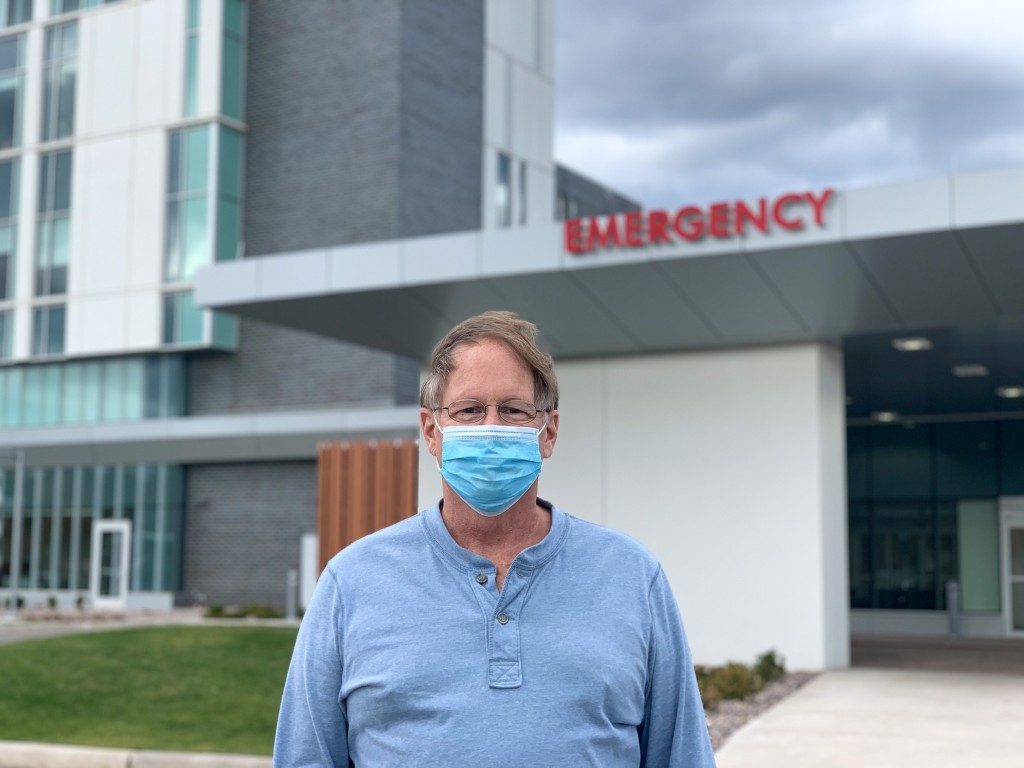
Retired paramedic, Bruce, thankful for emergency care at UPHS — Marquette
October 14, 2020Bruce Gustafson, retired paramedic, stands in front of the emergency room entrance. For over 30 years, Bruce Gustafson supported people during their most vulnerable moments. As a paramedic, he was drawn to a career dedicated to helping people get the immediate care they needed. “Being a paramedic made me realize how much...
Learn more
